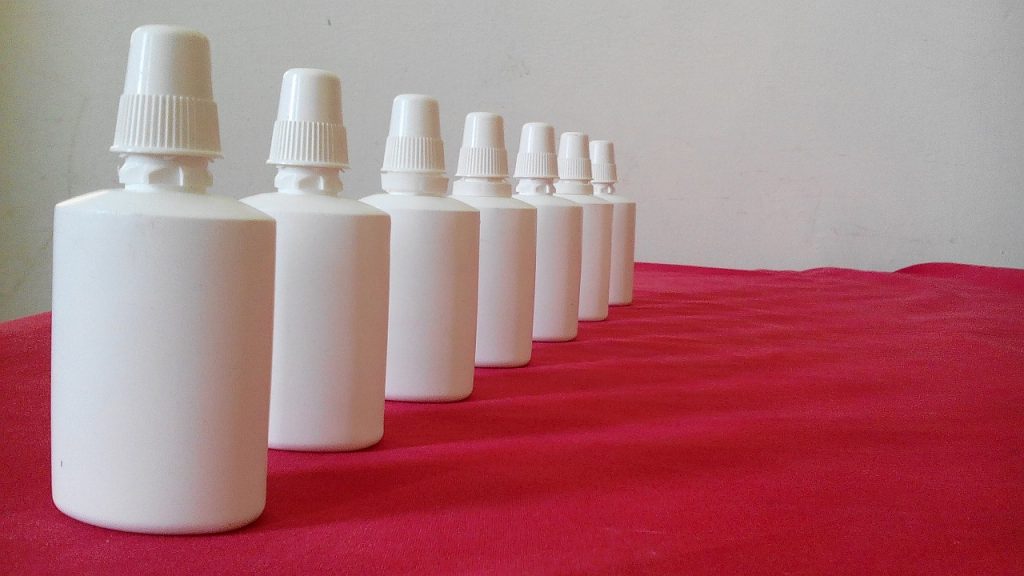

Often dubbed the “love hormone,” oxytocin has been shown in previous studies to boost people’s social abilities when administered in a nasal spray, but the results have been inconsistent. To find out why, the scientists tested 203 college-aged men on an emotion-recognition task, giving each of them a placebo and oxytocin nasal spray in separate testing sessions.


Frances Chen
“We found a genetic marker that predicted how much people responded to the spray,” said lead author Dr. Frances Chen. “Some people responded by becoming significantly faster at detecting emotions. Other people didn’t really react, and some people actually responded by getting a little bit slower.”
Chen and her colleagues found variants of the oxytocin receptor gene that were associated with the different responses to the nasal spray. The results may open the door to a personalized approach to treating autism and other disorders associated with social difficulties, such as social anxiety and borderline personality disorder.
“There is a lot of general interest right now in personalized approaches to therapy,” Chen noted. “This means tailoring treatment to a particular person, using information from brain scans and genetic testing. For therapists who are interested in using oxytocin nasal spray as part of a treatment strategy, it would be important to know about the individual differences that predict how patients may react to the spray. Our research takes us one step closer to that goal.”
This media release was originally published on UBC News.


